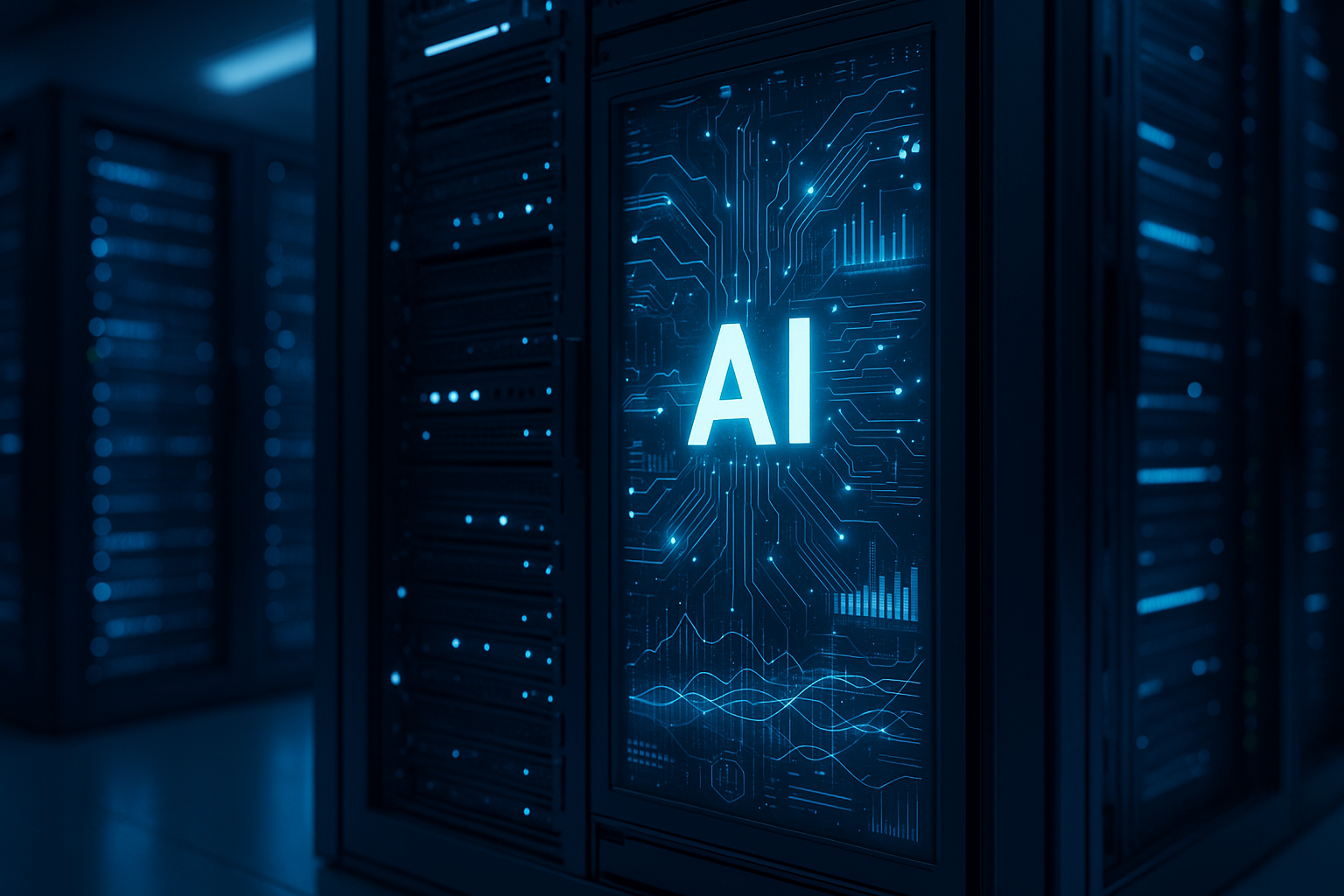AI-Powered Servers: How Artificial Intelligence Is Transforming Data Management
AI-powered servers are redefining how organizations handle data and optimize operations. These systems integrate artificial intelligence directly into infrastructure, automating workflows, improving governance, and enabling real-time decision making. The result is a more agile, efficient, and resilient environment that supports digital transformation.
Automation and Real-Time Processing with AI-Powered Servers
By combining AI with server architecture, data workflows become faster and smarter. AI-powered servers process streams in real time, cleaning, classifying, and organizing information without manual intervention. This reduces delays, ensures accuracy, and speeds up access to actionable insights.
Governance and Data Quality in Intelligent Server Systems
AI-driven servers elevate governance by continuously monitoring data lineage, usage, and anomalies. Automatic detection of inconsistencies enhances reliability, helping businesses maintain compliance and trust. Better data quality strengthens analytics and decision-making, especially in industries with strict regulatory requirements.
Scalability Through AI-Enhanced Infrastructure
Intelligent server systems adapt to workload fluctuations by allocating resources where they are needed most. CPU, memory, and storage are balanced dynamically, ensuring optimal performance across hybrid or distributed infrastructures. This scalability makes organizations more resilient to sudden changes in demand.
Faster Insights and Predictive Decision Support
AI-driven analysis provides continuous insights, identifying trends, predicting failures, and supporting proactive action. Businesses benefit from early warnings, reduced downtime, and optimized capacity planning. With AI-enhanced infrastructure, servers move from reactive tools to predictive engines of value.
Building Next-Generation Architectures
AI-enhanced servers enable advanced architectures such as data fabric and autonomous data platforms. These frameworks integrate data across complex environments, ensuring consistent access and governance. They also support analytics at scale, preparing organizations for future demands in automation and digital innovation.
Source: Monte Carlo Data

